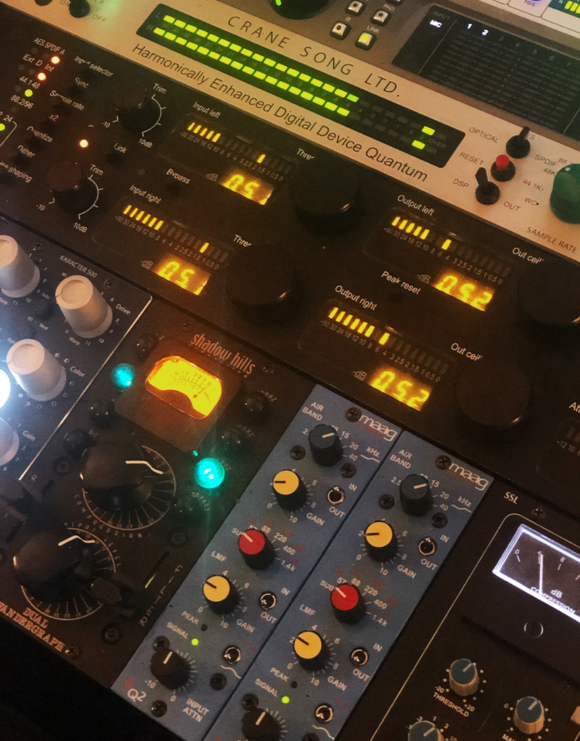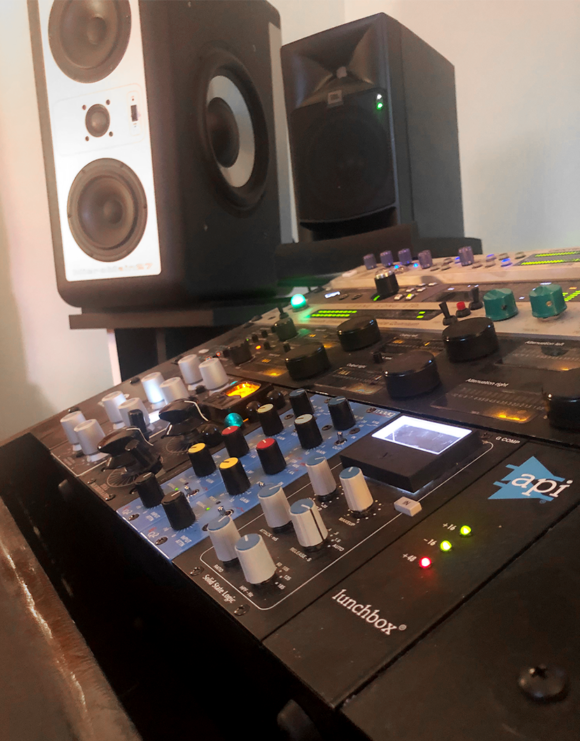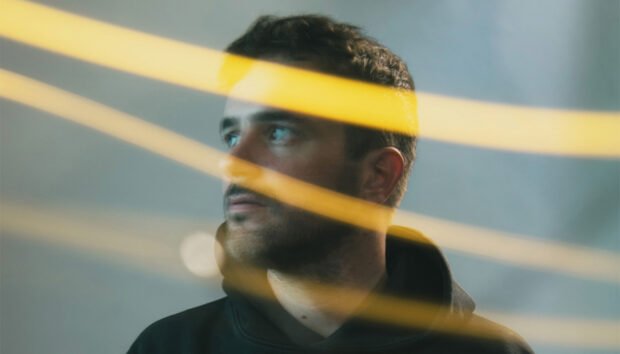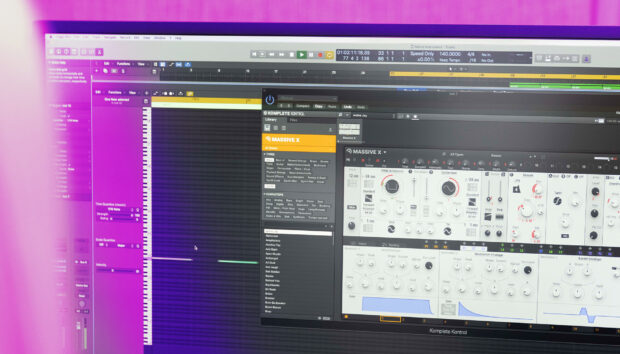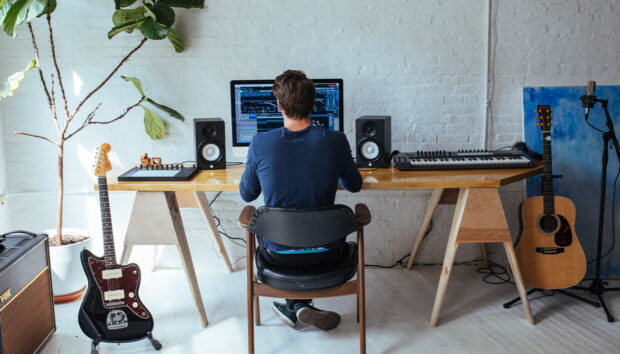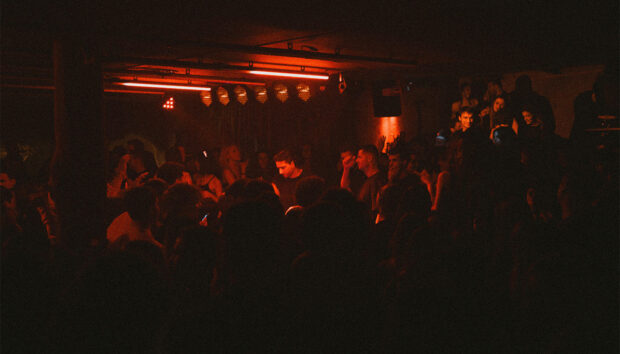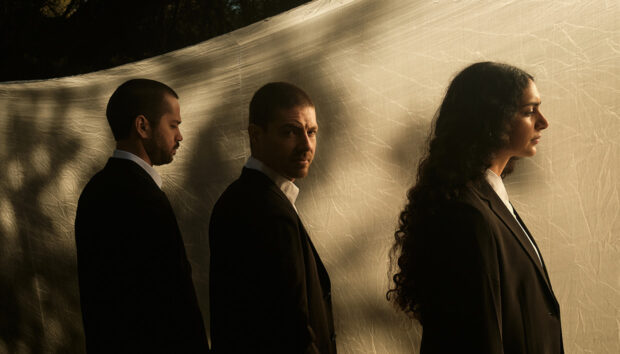
In this series, producer, DJ, label head, and mix engineer, Kevin McHugh sets out to explore some of the less obvious ways in which music producers can turn their existing skills towards a fulfilling career. Along the way, he’s speaking to successful figures from each field, diluting their wealth of combined experience into practical advice for aspiring music makers. In this installment, he speaks to a mixture of mixing and mastering engineers about how they got started, what helped them to succeed, and how you can follow in their footsteps.
The next entry in this series about turning your passion into a profession looks at a subject that’s close to my heart – mixing and mastering services. In 2017, after 12 years of producing and mixing my own tracks, and mastering early demos to test in clubs, I started doing more of it for friends and colleagues. Within a year I’d launched a business called Valence Studios, to ease my way out of constant touring. It’s been a tremendous source of inspiration, challenges and new friendships. This entry is a perfect encapsulation of the mission of the series – to show how producers and musicians can build on the skills they have to develop a road towards a profession in music that has a life off stage.
I reached out to some exceptionally capable engineers for this article. Some of them have taught me a lot personally, and all of them are people I’ve admired for their work over the years as artists and professionals. Before we hear from them, I want to tell you a bit about their work.
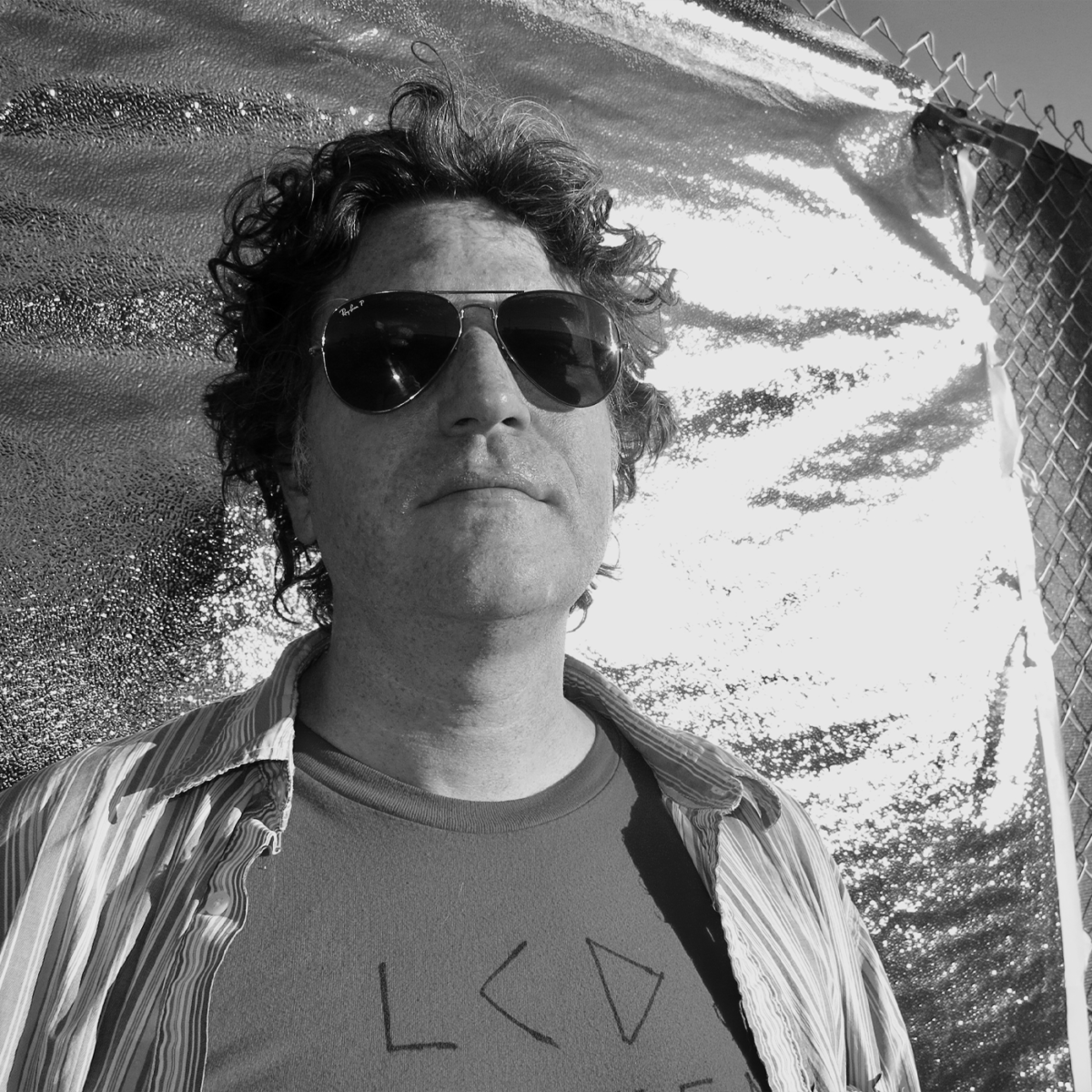
Bob Weston is a true hero of independent music in the US. He was a member of The Volcano Suns, and then Shellac with Steve Albini and Todd Trainer, later joining the reunited Mission of Burma. His Chicago Mastering Service, started in 2007 has become an institution, finishing records by a roster of countless groundbreaking underground rock and dance artists. Bob has mastered seminal records by LCD Soundsystem, Slint, Karen O & Dangermouse, Sleep, Jessy Lanza, Junior Boys, Big Black, Cold Cave, Shit Robot as well as legends such as Elvis Presley, Simon & Garfunkel and Michael Jackson.
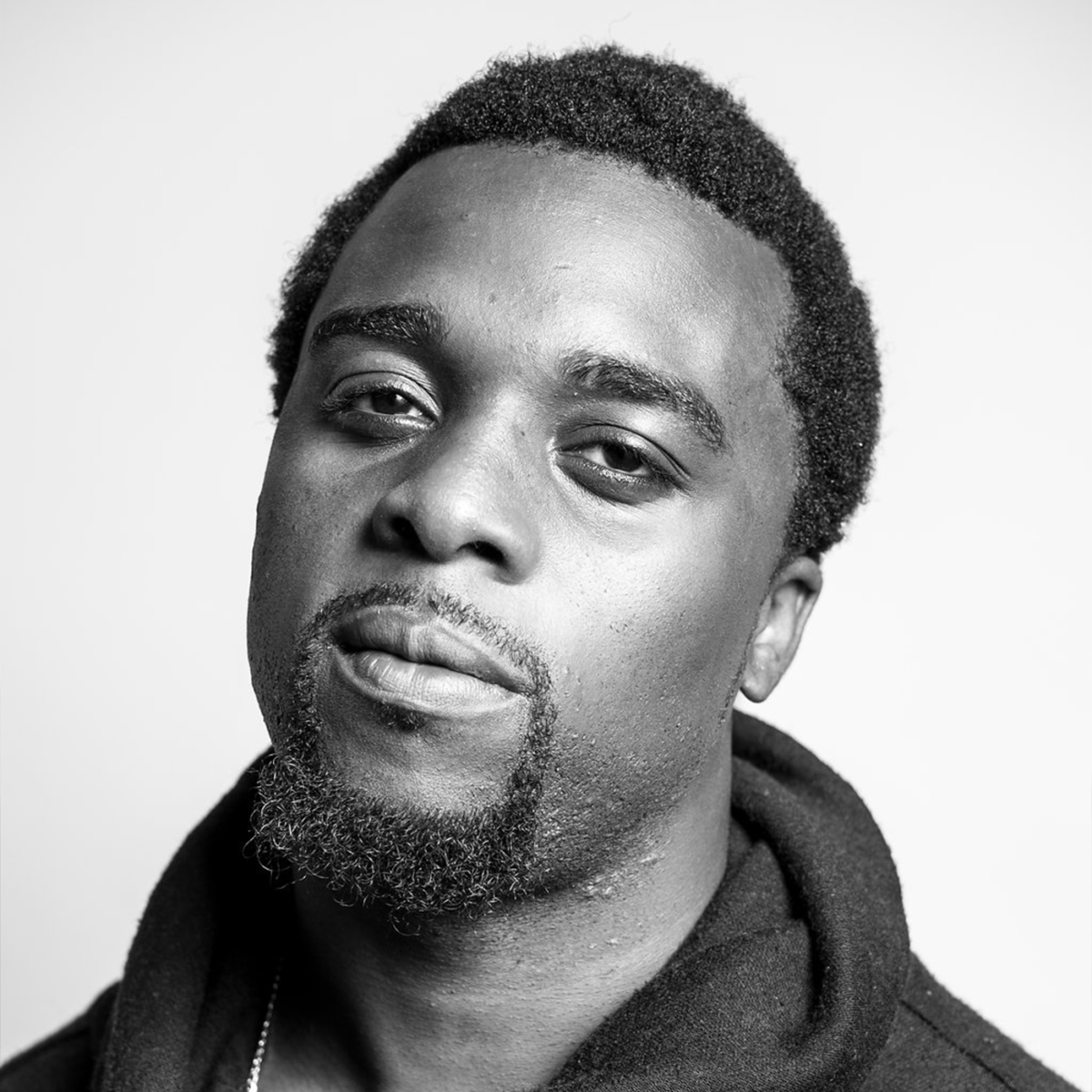
Ike Iloegbu is a New York-based producer and engineer who owns and operates I2 Mastering. Ike’s engineering work has run concurrently with his dubstep productions under the name Bas5d. His engineering work has been behind chart-topping records for Blake Allen, Beyond Sonny, Mr Jukeboxx, Kid Q, OG CA$H, Jahari Kweli, James Stoval, and more.
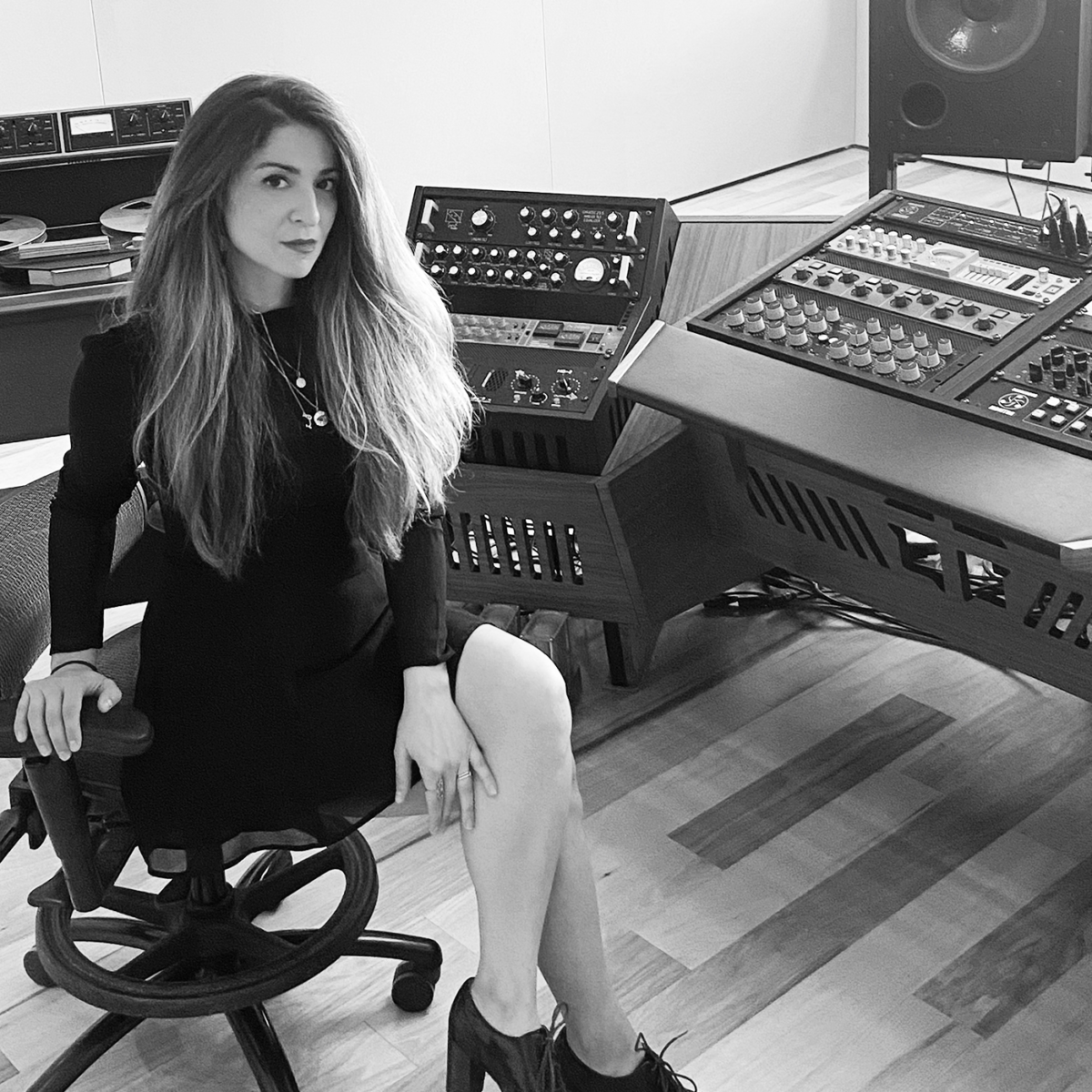
Heba Kadry is a mastering engineer based in Brooklyn, New York who has worked with a veritable who’s who of cutting edge music across genres. Born in Egypt, she got her start in audio by composing jingles at advertising agency J Walter Thompson in Cairo. After a 2-year stint in advertising, she moved to the US and began developing her skills in audio engineering, first at the Recording Workshop in Ohio, and Sugar Hill Studios in Houston Texas. She moved to New York City in 2007 to focus on mastering, and runs Heba Kadry mastering in Brooklyn. She has worked extensively with electronic music legends Ryuichi Sakamoto and Björk, as well as a long list of artists including Slowdive, serpentwithfeet, Deerhunter, Yaeji, Diamanda Galás, Holly Herndon, and many more.
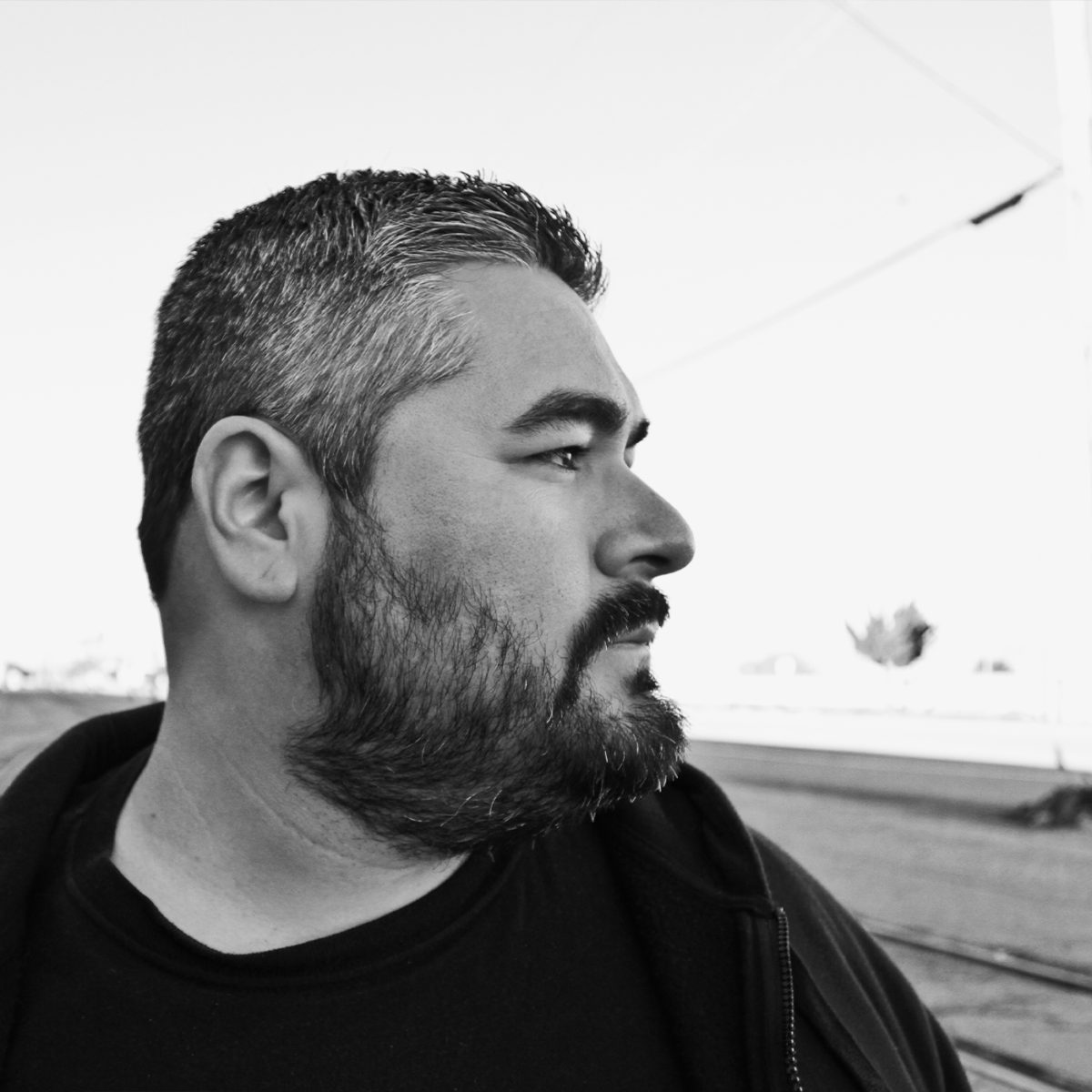
David Flores is better known by his techno production aliases Truncate and Audio Injection. His records are staples of sets by every major techno and house DJ, whether from his own highly prized label, or from Modeselektor’s mythic erstwhile 50 Weapons imprint. Recently he launched Truncate mixes, a mixing service for dance music producers looking to improve the dancefloor impact of their material.
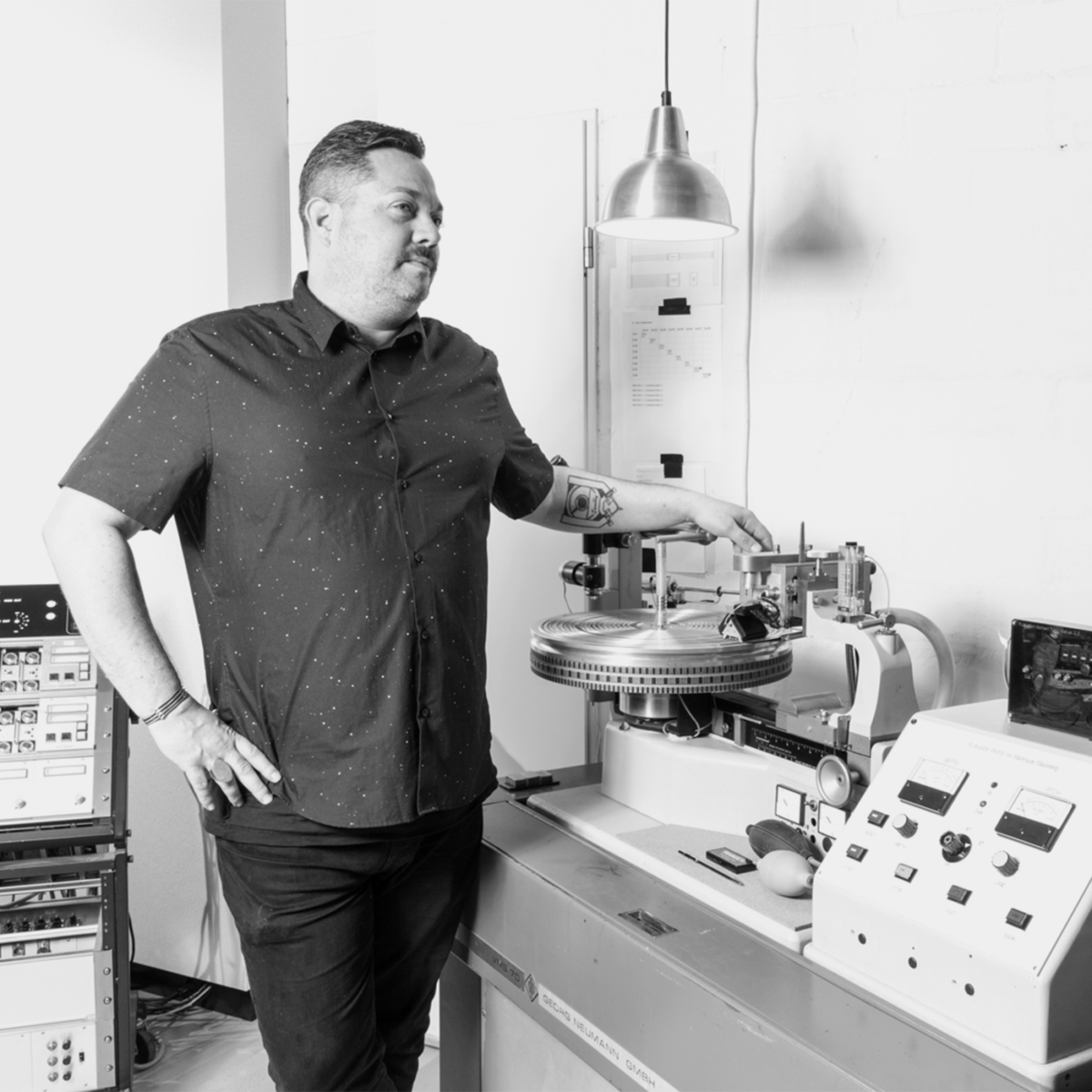
Tim Xavier is a constant force in techno, both as a producer and DJ, and as the founder and co-owner of Manmade Mastering in Berlin. His own labels including Facetoface and the legendary LTD400 put him on the map as an artist, while his mastering work at Manmade has led him to master and cut lacquers for dance music pillars including Tresor, Ghostly International, Ostgut Ton, Minus, Kompakt, M-Plant, !K7 and many more. Manmade is a pivotal hub in the Berlin electronic music scene, anchored by Tim and his partner Mike Grinser.
How did you find your way from being a musician to starting to engineer other artists’ music?
Bob Weston: Ever since I was in elementary school, I’ve always had these twin gut-level drives to both play music and to be the behind-the-scenes tech guy. I would always be one of the school AV/tech nerds. At college I was an Electrical Engineering student and a bunch of EE upperclassmen at the campus radio station would teach us younger students how to use, maintain, repair, and install all the equipment there. Then we’d pass it on and repeat the cycle. At the same time all this tech stuff was happening with me, I was also deeply involved in the school music programs. Also, I was obsessed with the Partridge Family and the Monkees in elementary school. Then Kiss and AC/DC in Jr High; and on to Led Zeppelin and The Who in High School.
In college I really wanted to be in a band. Some friends at the radio station started playing together and figuring out how to record the music. So the radio station allowed me to meld my music passion and my tech geek passion.
When my bands made professional studio recordings, I was constantly driving the engineers nuts asking a million questions. Eventually I was able to start convincing my friends’ bands to let me record them. It all came together from being a part of the local music and arts community and from having these desires and aptitudes for both being a musician and a technician.
Ike Iloegbu: The first instrument I ever used was a Windows XP desktop computer when I was 12 years old. I know that sounds crazy but it was the truth and still is until this day. I was writing music on the Fruity Loops 4 demo from 7th grade to 10th grade. I would export my music by recording the playback from start to finish onto my Califone Cassette Record Player. By the end of the summer in 10th grade I had shoeboxes filled with cassette tapes of my Fruity Loops 4 beat productions. With the help of my friends and family, I built my first studio in 2008 in my parents’ basement. This began the start of my work in the music industry as an audio engineer. I was also playing football in my youth, so going away for school hindered the consistency in sustaining a solid career then. That all changed when I graduated from Delta State with a Bachelors in Entertainment Music Studies in 2016. I began mixing and mastering for artists in the program and also people around town. Delta is a small town, so my services traveled around fast. I continued my service upon moving back to New York after graduation and I am blessed to say that I am still doing my job in music.
Heba Kadry: I was working at an advertising agency in Cairo, Egypt in 2001 composing jingles for ad spots. It was the closest to doing anything musical as a profession. Pursuing music was a bit frowned upon culturally where I’m from at the time. But thanks to my advertising job, I fell into jingle work which eventually exposed me to the wonderful world of recording studios in downtown Cairo. I knew I wanted to pursue audio instantly, but I had no idea how. This is pre-YouTube and the wealth of online knowledge we have now. There were no audio schools in the Middle East at the time either. So I had to travel. I came to the US, did a short four-month program at The Recording Workshop in Ohio, and went down the long, arduous, and unpaid path of internships at recording studios after I was done with school. Eventually, I moved to New York and started from the bottom up, interning at a mastering facility in the city. I would occasionally get a few moments of downtime late at night in the mastering room teaching myself how to master. The trajectory into a mastering room is for the most part much longer than other engineering fields because of how hyper-specialized it is and because the demand for mastering assistants is far lower than general entry-level assistant/intern work in recording/mixing studios. Mastering is the final step in the album making process before production, and the high pressure and enormous attention to detail means zero room for error. This high-pressure intensity makes basic entry level work in mastering very rare.
It wasn’t until I took a huge chance and went freelance in 2013 that my mastering career finally took off and I was able to fully dedicate myself to my craft. In a way, the long slog to mastering made me a better mastering engineer – having full on experience in virtually every aspect of studio work, whether recording, mixing or mastering, or other extremely valuable skills like managing a studio, scheduling, writing invoices, dealing with insurance, payroll, corresponding with clients in a professional way, and so on. All of that is important. You cannot be a shitty business person and expect to be a great mastering engineer if you’re a freelancer.
David Flores: Basically, I had to find a new way to generate income because of the pandemic, my gigs have come to a complete stop. With my experience, I thought I would take a shot at mixing music for other artists.
Tim Xavier: I started Djing at raves and dabbling with outboard production synths and drum machines in 1997. I discovered I could record my DJ sets directly into Sound Forge. I quickly realized I could record and make edits, learning as I go. Eventually local Djs would come to me for CD formatting and track marks (DDP formatting). I moved to Chicago in the summer of 2000.
Upon arrival I pushed myself super hard in the techno/electronic music production department. I had a lot of support and help along the way from greats such as Charles Little, Frankie Vega, Andrei Morant, and Angel Alanis, all of whom were integral forces in helping me release my first 22 techno releases by the end of 2003. While running around Chicago finalizing techno EPs and remix deals, I would fantasize about owning my own record cutting lathe and essentially running my own mastering business. Eventually I moved to Brooklyn, New York in 2004 where I would do my apprenticeship with local cutting engineer and renowned ragga jungle rude boy Jacky Murda. I was blessed to have this opportunity and learn Jack’s Scully cutting lathe machine and all of its limitations pertaining to musical transfers to master lacquer disc.
After one year of hard work and sleepless nights, I landed steady cutting clients Intergroove (NYC Division) and cut almost the entire catalog for Deitrich Schonenman’s Complete Distribution service. 13 years later, I’ve been operating the mastering and cutting service Manmade Mastering with my partner in business Mike Grinser in Berlin.
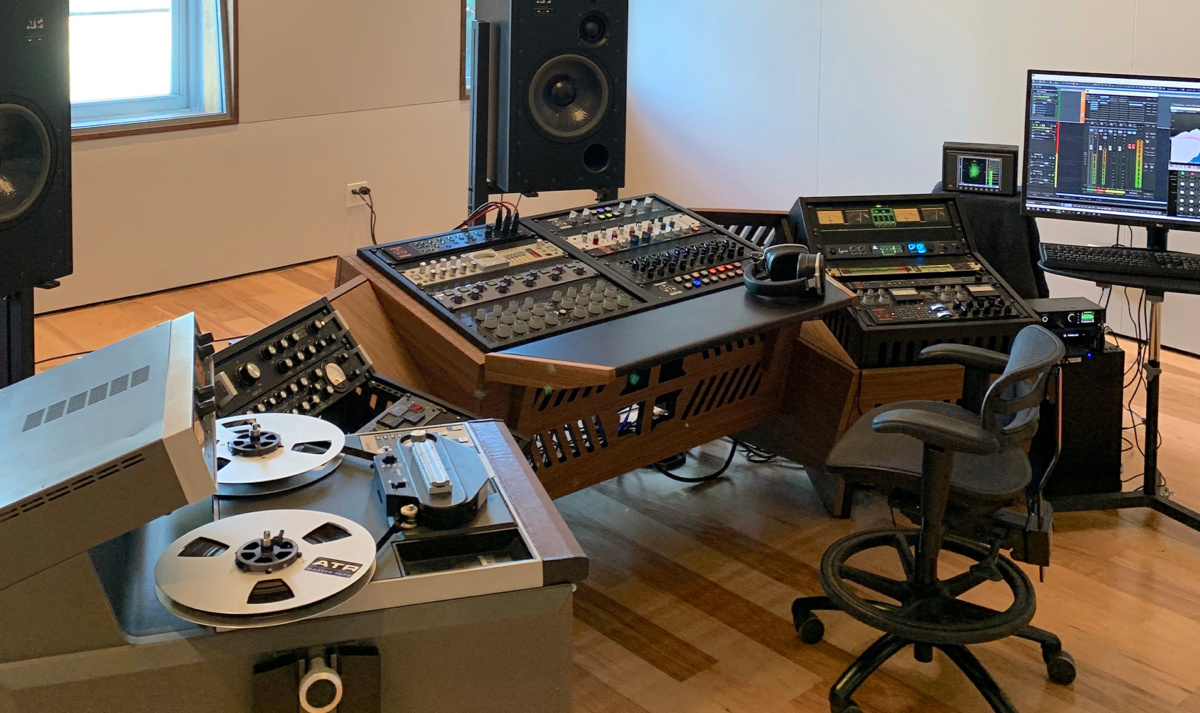
Heba Kadry’s mastering setup.
How do you balance delivering the results a client wants to hear and delivering a result that sounds best to you? How often are those two situations in opposition?
Bob Weston: Mastering is a collaboration. Ideally, the band chose me to master their album based on their liking the sound of other records that I’ve mastered. So, on the majority of my projects we’re already pretty close to being on the same page when the project starts. My first passes at the mastering will sound how I think things should sound, taking into account their mix (of course) and any notes they might give me. If the band doesn’t like the direction I’m going on the first pass, I’ll get feedback and notes from them, make adjustments to the mastering, and we’ll go back and forth like that until they’re happy with the final result.
Sometimes there are very few revisions needed, which means that the sound the band was looking for is also what sounded best to me. If there are a lot of revisions, that means we are slowly working our way from what sounds best to me subjectively to what sounds best to the client as the revisions progress. In the end they need to be completely happy. Very occasionally I don’t really like the way the finished masters sound. But my job is to be able to translate what the artist is looking for into a finished master. So that challenge can keep things interesting and push me to try new things and to learn and embrace new methods. And often to appreciate new sounds that I hadn’t thought I’d like.
Even if I don’t personally like the sound the band is going for, their taste and desires end up getting filtered through me on the way to the finished master. There’s always some tiny chunk of the engineer’s aesthetic included, even if the master doesn’t sound how the engineer would have preferred it to sound, or if the engineer’s work on the material was very subtle or transparent.
Ike Iloegbu: I believe that I am a working vessel within my clients creative body. For that reason, I try out every single thing that the client asks, no matter what. But, when there is an idea that might technically conflict, I mention how this idea may negatively impact the music. I immediately continue on with every idea after I mention the risks. I can humbly say that there were times where I was wrong and other times where I was remarkably wrong. To be honest, those are the best times because it’s a wow moment no only for the client when the idea works but for me as well. “I would have never have thought that idea would work” moments help me, because I gain another technique I can use for future work.
In a circumstance where the client likes it but I do not, most of my clients trust my ear and value my opinion in sound. I cannot speak for my clients, but I would say that each of them know that I place a high value on their creativity as well. I’ve never had an issue where the clients and I go back and forth about the sonic nature of their projects.
Heba Kadry: Through communication, and a lot of it. Often, people just want to send you their mixes with no information and just expect a great master back – which can happen – but that’s just not how I prefer to work. There is, of course, a largely technical component to what we do; making and QC’ing production parts and so on, but the actual mastering of a record can be very creative, just like mixing, and this largely depends on the project and the source material of course. I would love to tilt the mastering experience away from the sterile transaction it’s perceived to be and towards a collaborative, creative endeavor that can improve your record and perhaps future records. Collaboration is so important to me, and it’s what I thrive on and enjoy the most.
And yes, there are instances where I might feel like the artist’s direction is not quite in line with mine, but it’s important to remember that it’s not your record, it’s their record. If there’s room to try to state my case on why I feel differently, I’ll do that by illustrating it. I would rather approach a delicate issue tactfully by providing masters with what I envisioned and another set of masters following their direction and let them A/B it for themselves – just to help them make an informed decision. If they still feel strongly about it, then it’s time to put your ego in the drawer and follow the artist’s lead.
In some cases, whenever I listen back years later to a master I felt would have been better served with a different direction at the time, I’ll realize that nope… this was ultimately the right move. That’s not to say that my opinion doesn’t matter, I just think that as an engineer, I need to know when it’s time to move forward positively to keep my client happy. Digging in your heels doesn’t solve the problems and it makes people more frustrated with the mastering process. There needs to be some room for flexibility and dialogue.
David Flores: I approach mixing the track as I would want my own track mixed. After that, I work closely with the client with any changes or adjustments they want. When there is any opposition, I would consult with the client and work together to get the best outcome.
Tim Xavier: Honestly, I just go for it and follow my processing method. Like a doctor, different patients need different meds/therapy… One wouldn’t prescribe chemo to someone who has the common cold. In other words I evaluate the material, ponder my moves, process the masters, cross my fingers upon delivery. When I receive a revision request, I try to both accommodate the clients needs but also educate where needed. It’s a dualistic role of audio therapist and engineering. At the end of the day, the aim is to gain the client’s trust. In times when opposition is higher than usual, I have to humble myself and perhaps ask the internal question: “Where are you overcompensating and how do I re-appropriate my methods?” Learning never ends.
A selection of the gear at Ike Iloegbu’s studio.
Many engineers become known for a sound or style of music they typically work in. Do you feel you’re known for working in a specific genre, and does that feel confining? Are there areas you’d like to work in more that you haven’t yet?
Bob Weston: I’ve been fortunate to have done work that I’m really proud of in a number of genres. When I first started mastering, I was a little nervous that I’d only get approached by indie rock guitar bands. But from the very start of the mastering studio, I’ve worked on electronic music (dance music and experimental electronics), jazz, acoustic music, avant-garde classical, marching band, folk, bagpipe music(!), along with pop, indie rock, metal, garage rock, indie rock, stoner rock, doom metal, and so on, for all types of labels from bands self-releasing through to major labels. I mastered an album that won a Grammy for a cajun music band. I enjoy being able to work on such diverse projects; it’s incredibly fulfilling and never gets dull. I especially love working on electronic music and dance music, and am always hoping for more of that. I’d love to work on more classical music too, but that’s a pretty closed scene that’s tough to break into it.
Ike Iloegbu: I think my success in maintaining a career as an audio engineer has been because of how mentally unconfined I am. I want to work on music, period. I feel comfortable in entering any genre of music and delivering exceptional results. I mixed a classical album by Blake Allen named Sonatas in 2020 that charted at #4 on Billboards and #1 on iTunes, and in my spare time I produce heavy dubstep.
Heba Kadry: I definitely don’t like working in one genre of music, that would be quite boring. Maybe I’m more known for my electronic work, but I generally don’t like being pigeonholed in a specific genre. I have a pretty wide musical palette, and I know a lot of musicians, engineers and producers from far-flung genres of music, so it keeps my incoming work varied. It also keeps me on my toes. The best thing about my job is working on a record I wouldn’t have originally considered and eventually through my work with them, I become a major fan. It’s exhilarating! It’s almost like crate digging. At the end of the day, I’m a music fan, and I love the people I work with. I don’t just work in a vacuum, I love the interaction with the people and the sense of community that surrounds it. It makes me strive to do the best job to make those people happy. And to add to that, the privilege of experiencing so much wonderful music from incredible artists always reminds me how super-lucky I am. I absolutely do not take it for granted for a second, even on my grumpiest of days when I’m feeling down or not in a good headspace, I just walk into my studio, pull up a record, and all the BS just goes away. Sounds corny, but it’s true.
David Flores: Yes, I’m definitely known for working in techno music, and basically all of my releases are of the techno genre, so when artists approach me for mixes I’m pretty sure they come to me for my knowledge and experience with the genre. It does feel a bit confining because I would like to branch out and try to mix different styles of music, even though I’m not really known for it. I feel like I have good enough ears to mix anything really. I would like to try to have a shot at more genres with vocals, and other non synthesized instruments.
Tim Xavier: I’ve been told I have a sound. I think the work is a combination of personal style and process, but also understanding the fundamental limitations of digital audio and how it functions on most playback systems. Speakers are always under stress, the science of alleviating that stress or pushing pressure at certain points can make or break a master. Knowing those limitations and allowances can fuel one’s performance to produce sound masters. I primarily work with electronic music, however I have mastered and re-mastered jazz, rock and reggae. As of late, aside from cutting techno records, I have been cutting long album sides – up to 25 minutes per side – which is challenging, but allows me to explore acoustics and fidelity vs. trying to squeeze out every possible decibel out of the 12-inch diameter.
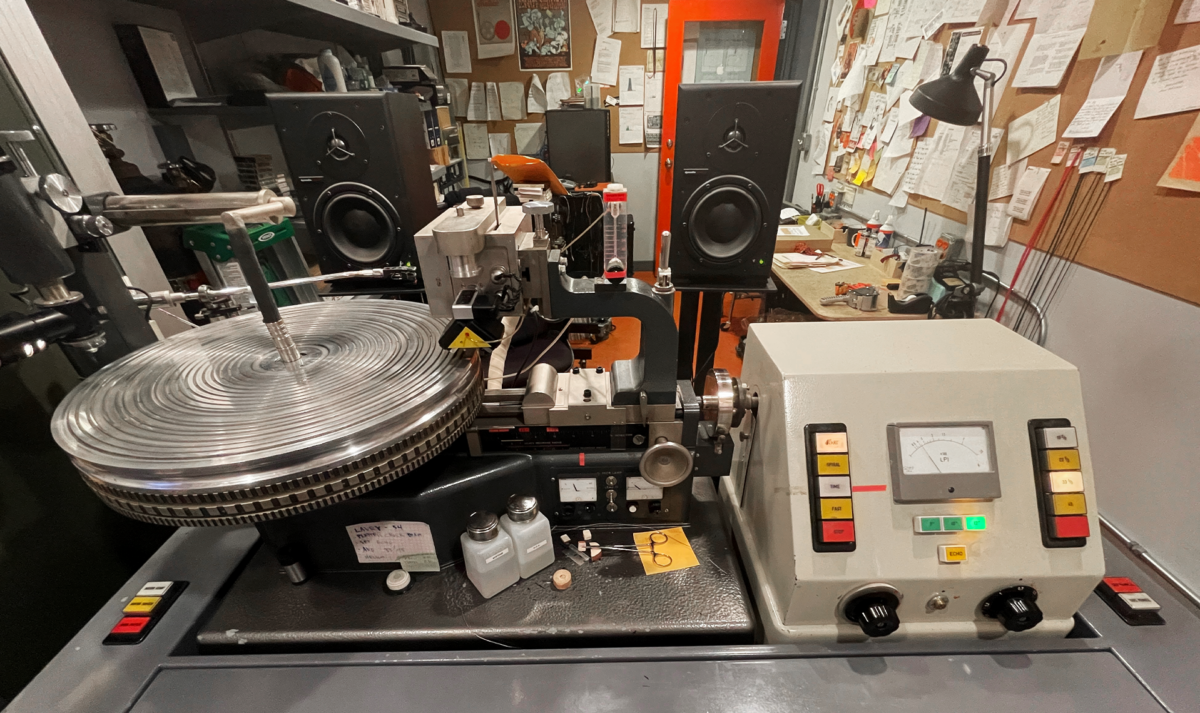
The lathe at Bob Weston’s Chicago Mastering Service.
What advice would you give to a musician who is interested in developing their skills enough to offer mixing or mastering services to their peers?
Bob Weston: All the best engineers I know are also musicians and play or have played in bands or ensembles. I think it’s great to start out by being in a band first. If you want to offer to mix or master your peers, just jump in, because that’s where you’re going to learn how to do it: by reading books, asking questions of engineers, and practicing on your friends and peers. That’s where you develop those skills. Obviously, you shouldn’t expect to charge them anything for your work when you’re practicing on them! You get to use them to hone your skills, and in exchange they get free engineering. That’s the bargain, and that’s the way your music and arts community will thrive.
Another thing I’ve noticed is that many of the best engineers I know have all done a bunch of different jobs that seem to make them more rounded and give them a deeper reservoir of knowledge and problem-solving skills. For instance, jobs like: live sound in a club or touring, tour manager, rock club manager, remote recording, studio recording and mixing, radio or TV broadcast audio or video engineering, electronics design or repair, computer programming, film projection & exhibition, DJing, instrument repair, home A/V installation, recording studio construction, wiring, installation, touring musician, production manager at a record label, film and tv production crew, photography studio work, theatrical sound, lighting, & stagecraft, and on and on…
Ike Iloegbu: Work on your ears. Train them! Work on hearing pitch, scales and intervals to process audio correctly and not haphazardly. Make sure you hear that .2 dB difference or .5 dB of gain reduction. This cannot be achieved without practicing and training. I trained with Dave Moulton’s Golden Ears. It has been discontinued so unfortunately there is no direct retailer of this product anymore but that doesn’t mean you wouldn’t be able to find it on Reverb or eBay.
You can download free multi-tracks from Telefunken here, created with their own microphones. And here is a deeper list of multi-tracks provided by Cambridge Music Technology.
Heba Kadry: Well, my question to them is whether mastering is something they are willing to pursue exclusively. Skills don’t get developed by going half way in. Mastering engineers who are actually really excellent at their jobs got there by stacking up years and years of experience whether technical, listening, gear acquisition, accurate monitoring environments and so on and just chipping away at it for a very long time.
I don’t think people are aware that there is a huge liability attached to mastering records that doesn’t exist in recording or mixing. Since the mastering engineers are the finalizers, there is zero room for error… and I mean zero. The mastering engineer’s job, besides the actual engineering work, is a whole lot of problem-solving and resolving issues that might have been missed higher up in the recording chain. If you send off a messed up master to vinyl production and the pressings come back all fucked up, someone has to pay for recutting the lacquers. Or if you send off a digital master to the DSPs and they are filled with intersample-peak errors post encoding, that’s all on you. There is so much pressure associated with this job and you have to handle it day in and day out while providing consistently good work. Experts do matter because they do save time and money.
However, if you want to gain some insight and have an adequately treated room with good monitors, I would suggest reverse engineering a record you already had mastered professionally. Create a template in your DAW with both your final mixes and approved mastered and A/B the difference and see if you can match what your mastering engineer already did or perhaps try to beat it. There is something beautiful, new and unexpected you might learn via referencing those masters or other commercially released albums that were mastered. It also helps develop your listening skills immensely. Reference, reference, reference. Ask your mastering engineer what they did, sit with them in a mastering session if they allow attended sessions and just get a sense of how they use their gear and how their room sounds. This will give you an overview of some of the tools that help them do a good job efficiently and you’ll definitely learn something about this craft.
David Flores: My main advice would be to make sure you really trust your ears. Unless you’re crazy talented, I think the mixing and mastering aspect only comes from years of experience. I’m not one to discourage anyone from trying it out but I would personally feel a lot better as an artist to have a song mixed or mastered from an experienced engineer.
Tim Xavier: I implore my friends and students to produce their own musical works and learn by doing first. Book knowledge can only take you so far, experience comes with time and perseverance – the by-product of trial and error builds confidence. By virtue, one must have an ounce of vision and know how, the rest will follow. Gotta keep making them records!








